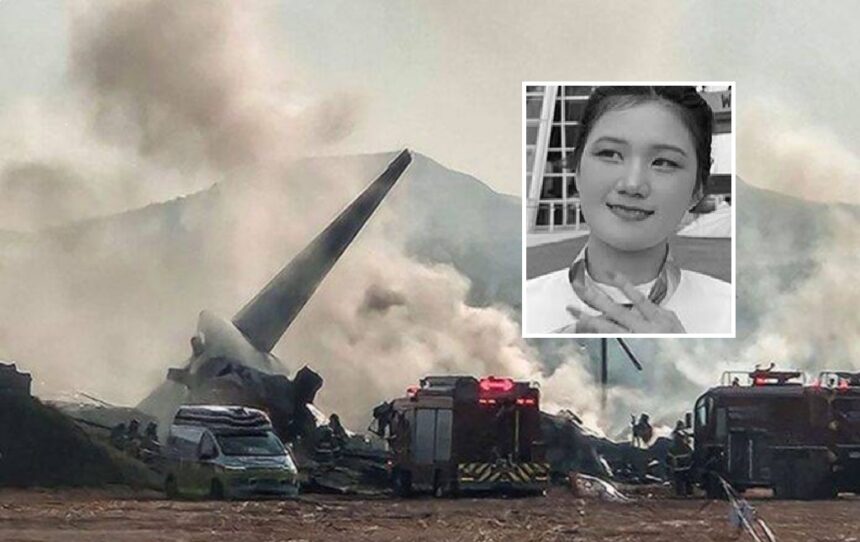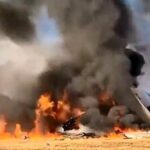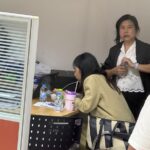The Thai ambassador to South Korea has confirmed that two Thai citizens died in the fiery crash of a Jeju Boeing 737-8AS at Muan International Airport yesterday. The victims were identified as Jongluk Doungmanee, 45 and Sirithon Chaue, 22.
Ambassador Mr Tanee Sangrat expressed his deepest condolences, saying, “I wish to extend my heartfelt sympathies to the families and loved ones of those who lost their lives or were injured in this unfortunate incident.”
In a message on X, Prime Minister Paetongtarn Shinawatra expressed her condolences to the families of the deceased and those injured.
She stated that she had directed the Foreign Affairs Ministry to promptly assist the families of the Thai victims and furnish her with regular updates, and she directed the Thai embassy in Seoul to coordinate efforts to assist the victims’ families.
Government spokesman Jirayu Houngsub told Thai media the families of the two victims had been notified and that the Foreign Affairs Ministry would assist in bringing their bodies home to their families.
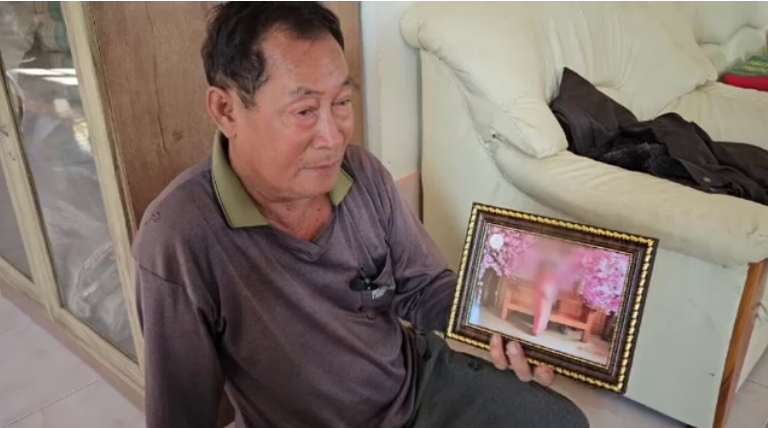
Of the two victims, Jongluk Doungmanee, 45, was from Udon Thani, and her father revealed that his daughter was returning to work in South Korea after visiting. He asked the authorities to help bring the body back to her hometown for religious ceremonies.
The other victim was Sirithon Chaue, 22, from Chiang Rai Province. Sirithon, known by the nickname Mei, was traveling to Korea to visit her mother, who was waiting for Mei when the plane crashed.
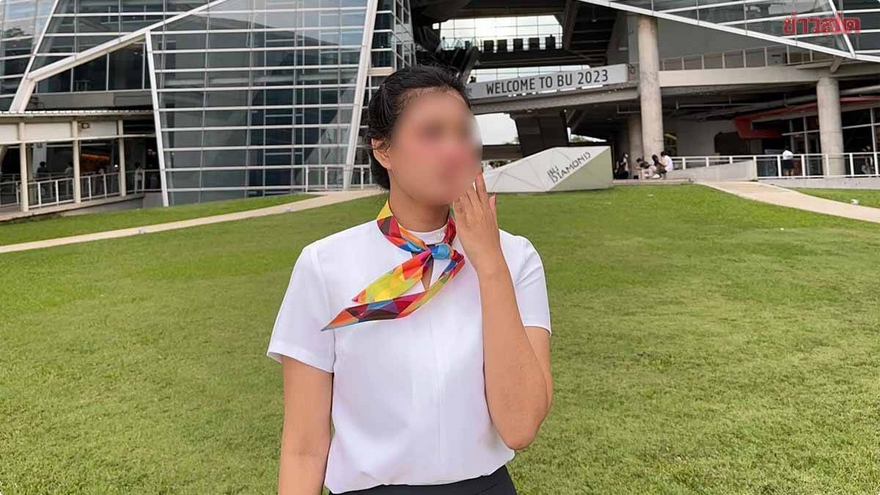
Sirithon was the pride of her family. She was in the fourth year of her course at Bangkok University, had received a scholarship to study airline business administration, and aspired to become an air attendant.
Sirindhorn’s mother said she had been an exceptional student since childhood. After completing primary education, she continued her secondary education at Mae Sai Prasitsart School, Mae Sai District, Chiang Rai Province.
While in Mathayom 6, she won a scholarship to study airline business management at the Faculty of Humanities and Tourism Management, Bangkok University.
Sirithon’s uncle said he and two younger brothers would travel to South Korea to bring back her remains for religious ceremonies.
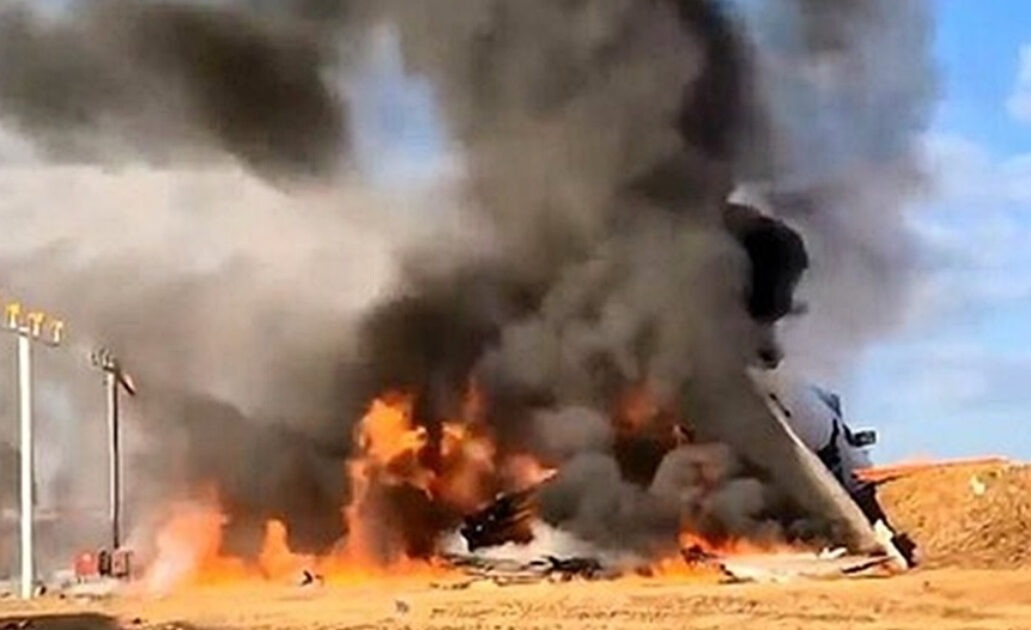
The Boeing 737-800 flight, operated by Jeju Air, had 181 people on board, including six crew members, and was arriving from Bangkok, Thailand. Footage from the scene shows the plane coming off the runway and crashing into a wall before bursting into flames.
According to aviation expert Chris Kingswood, who has over 40 years of experience and has flown the same type of aircraft as the one involved in the accident, the footage fails to adequately demonstrate the cause of the incident.
Nevertheless, he observes that the aircraft was not operating in an anticipated manner and lacked landing gear, which implies that “everything occurred extremely rapidly.”
“You would normally be forced into that kind of situation if you lose both engines,” explains the engineer. “A commercial aeroplane can fly reasonably well and safely on one engine.”
He also emphasizes that altitude is essential in a bird strike that damages both engines, as pilots at low altitudes would be required to make “a significant number of decisions in a very short period.”
Kingswood asserts that “if they were at a relatively low altitude, just several thousand feet, then they’ve really got to focus on flying the aeroplane and finding somewhere safe to put it down.” However, an alternative system is available to operate both the landing gear and flaps in the event of engine failure.
The government of South Korea has declared a national mourning period for seven days.
Related News:
Passenger Plane Crashes in South Korea, 85 Confirmed Dead

Geoff Thomas is an award winning journalist known for his sharp insights and no-nonsense reporting style. Over the years he has worked for Reuters and the Canadian Press covering everything from political scandals to human interest stories. He brings a clear and direct approach to his work.




